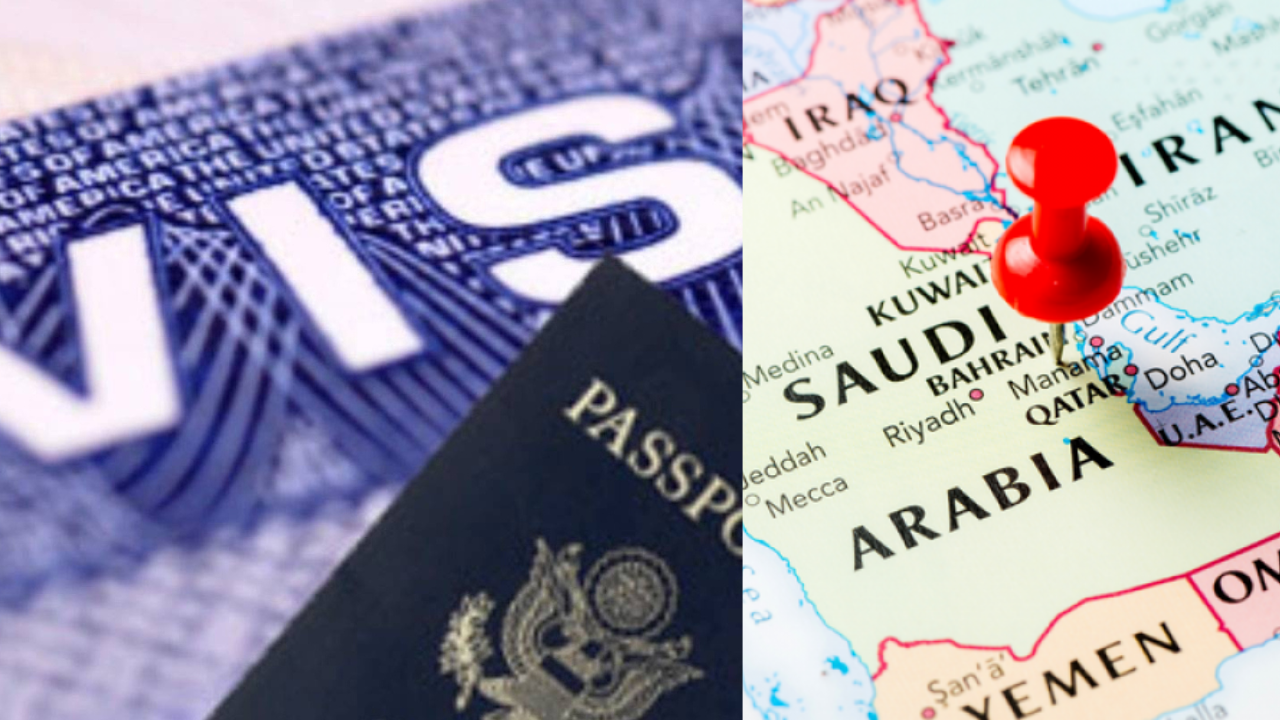INTERNATIONAL

HEADLINE: NIGERIA AMONG COUNTRIES AFFECTED AS SAUDI ARABIA SUSPENDS BLOCKWORK VISAS
In a significant policy shift aimed at regulating labor inflows during the peak pilgrimage season, Saudi Arabia has temporarily halted the issuance of blockwork visas to Nigeria and six other African nations.
The affected African countries include Egypt, Algeria, Sudan, Ethiopia, Tunisia, and Morocco.
This suspension, which spans 14 countries in total, also impacts nations such as Indonesia, Iraq, Jordan, Yemen, India, Pakistan, and Bangladesh.
Blockwork visas are quota-based authorizations that enable Saudi employers to recruit a specified number of foreign workers. Once a quota is approved, companies can apply for individual work visas within that allocation.
According to the Saudi Ministry of Human Resources and Social Development, the suspension applies to both new and pending applications for temporary work visas. The measure is part of broader efforts to enhance regulatory oversight in the Kingdom’s immigration and employment sectors. It will remain in effect until the end of June 2025, coinciding with the conclusion of the Hajj pilgrimage season.
While no official explanation has been provided, the decision aligns with the Kingdom’s ongoing Saudization policy, which aims to increase the employment of Saudi nationals, particularly in sectors such as tourism. These employment quotas are expected to expand further between 2026 and 2028.
Under the current restrictions, employers will not be issued new block visa quotas for the affected African countries, and delays are anticipated in processing previously approved quotas. Additionally, individuals with pending visa applications may face denials or prolonged processing times, while those with valid but unused work visas may encounter entry restrictions.
A 2022 report by the Gulf Labour Markets, Migration and Population Programme (GLMM) of the Gulf Research Center highlighted Saudi Arabia’s reliance on African labor, particularly in domestic and low-wage sectors. The report revealed that 10,657 Nigerians were employed in Saudi Arabia during the review period. Egypt topped the list with 837,134 workers, followed by Sudan (354,988), Morocco (18,023), Ethiopia (16,719), Tunisia (12,311), and Algeria (2,001).
Despite their contributions, African migrant workers in Saudi Arabia often grapple with systemic challenges, including exploitation, abuse, and minimal legal protections. The Kingdom’s Kafala (sponsorship) system has faced widespread criticism for granting employers excessive control over migrant workers, often leaving them vulnerable to mistreatment.
"This represents a significant development in our ongoing coverage of current events."— Editorial Board









